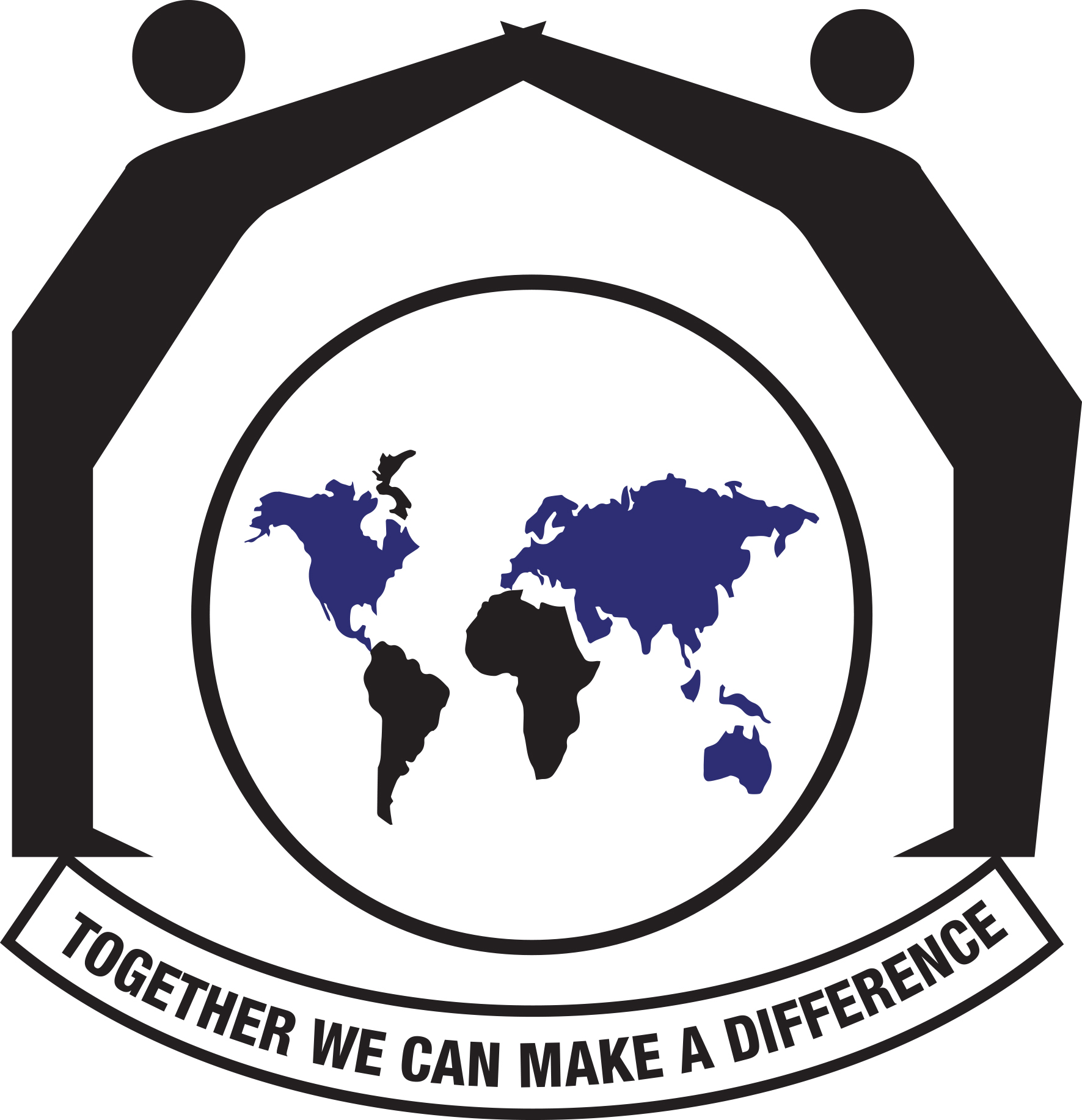Objectives
- To promote citizen awareness of basic human rights and duties guaranteed in the Ugandan
- Constitution and International human rights instruments.
- To undertake research, monitoring and documentation of human rights practices.
- To promote good governance, respect for the rule of law, democracy and legal protection of human rights
- To promote best practices in the administration of justice in Uganda


- To enhance the capacity of democratic structures with knowledge on legal rights, procedures, remedies and civic obligations.
- To promote access to justice through public interest litigation and legal aid services.
- To promote solidarity and partnership building with and among similar institutions, government, communities and individuals on a national, regional and international level
- To build a strong and sustainable human rights organization
Strategic focus
(2017 – 2021)
FHRI adopted her 8th Five-year Strategic Plan (2017 – 2021) titled;
‘Between Rhetoric and Practice: Bridging the Democracy Divide in Uganda.’
This Programme has been inspired by the persistent human rights, constitutionalism and democracy deficits in Uganda.
In light of this context, FHRI’s strategic priorities are designed around two broad themes namely: Active citizenship and Access to justice. These themes are implemented through five inter-linked campaigns namely:
- ‘My Rights, My power’
- Pre-trial Detention Rights
- Access to Justice
- Rights and Rule of Law
- The campaign against the death penalty in Uganda


The five campaigns are implemented through four cross-cutting strategies/actions namely:
While the campaigns have a national outlook, FHRI concentrates some of the interventions in the districts of Kalangala and Wakiso. Regional interventions in the Eastern, West Nile and North Eastern parts of Uganda have also been prioritised.
Beneficiaries
The social actors that benefit from our work include:
- Uganda’s democratic institutions such as parliament and the judiciary
- Constitutional bodies such as the Electoral Commission
- The Uganda Human Rights Commission
- The Uganda Law Reform Commission
- The Judicial Service Commission
- Faith based groups
- Civic leaders
- Citizens’ rights groups
- Victims of human rights abus
- Democracy and human rights activists
- UN and Inter-governmental bodies
- The media.
